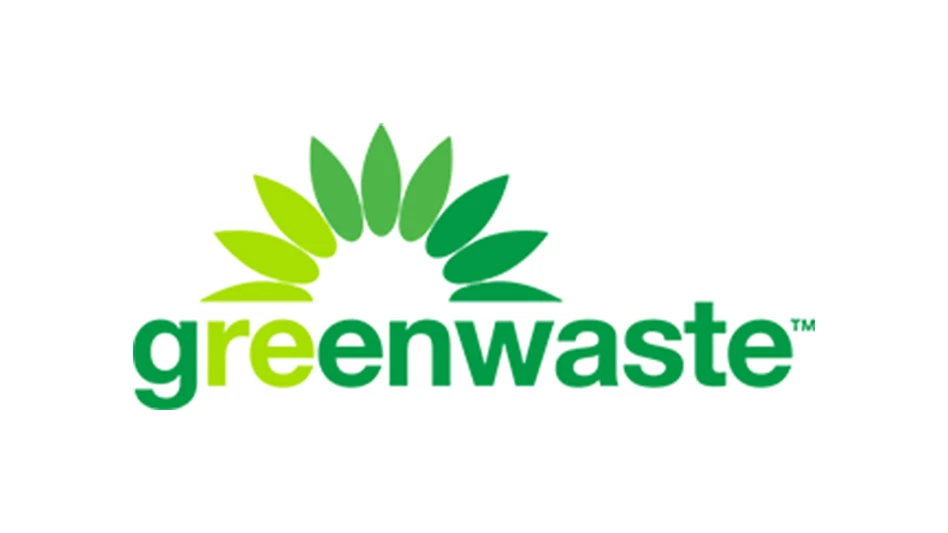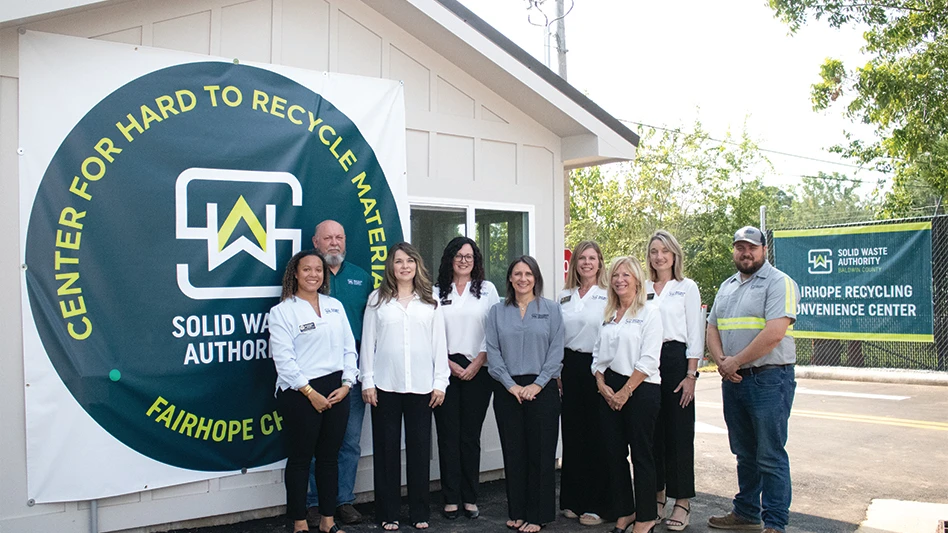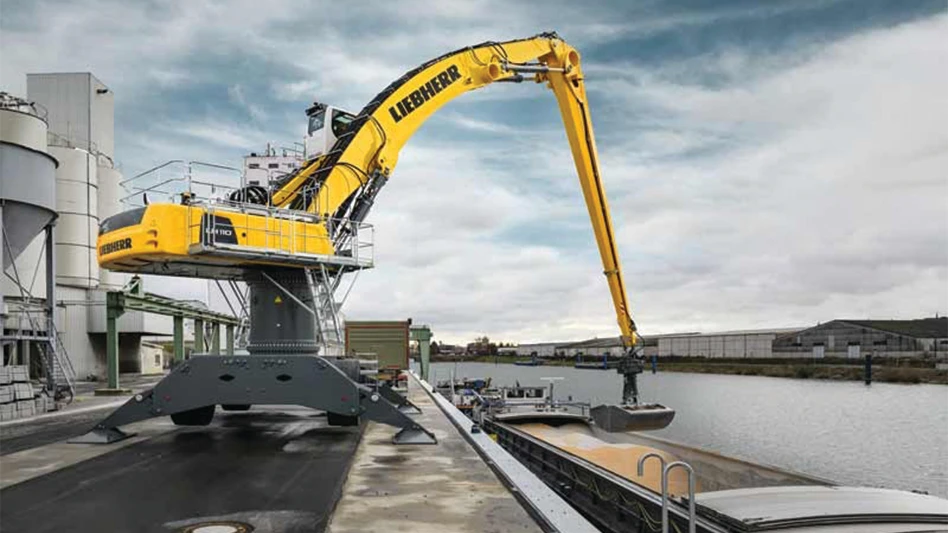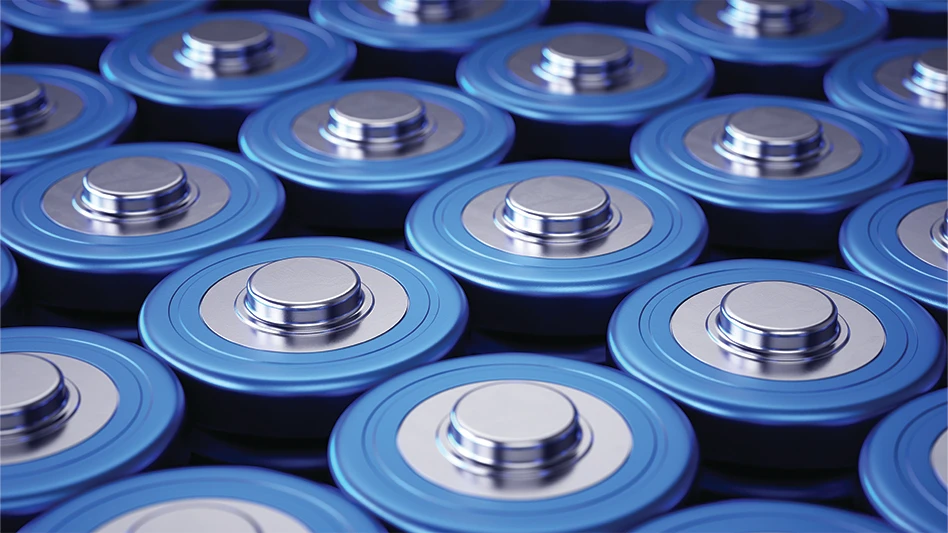
Large U.S. organizations have made major improvements in their information technology asset disposition (ITAD) practices this year, according to new primary and secondary research conducted by Compliance Standards LLC (CS). But an unsettled ITAD vendor ecosystem has raised concerns among ITAD services buyers, leading to reduced commitment from users.
There are several indications that positive ITAD practices have gained momentum, CS says. The rate of ITAD outsourcing jumped from 70 percent in the 2015-2016 research cycle to 87 percent today, highlighting companies’ interest in utilizing best practice and hiring professional service providers. There is also greater oversight of ITAD vendor activity and emphasis on environmental compliance, with a focus on reporting and auditing and recognition of certification bodies.
Despite these improvements, CS says several shortcomings remain obstacles to sector growth and are causes of risk. Companies continue to adopt a multiroute to recycling strategy, which means despite using third-party professionals, they also use their own IT staff to perform parallel recycling tasks even with the high risk and greater cost. CS also reports the use of unethical recycling routes, such as disposing of electronics and IT equipment as waste, selling and online trading and storing.
“One of the reasons behind the persistence of substandard practices is the unstable ITAD service provider environment,” says CS Lead Analyst David Daoud. “While major original equipment manufacturers (OEMs) remain at the lead, the consolidation phase of the past years allowed the acquiring companies to grow mindshare, but it did not place them in clear leadership position. The pure ITAD firms that were acquired were instead replaced by new names, which appear performing very well in light of their customers’ ratings and quality assessments."
OEMs remain holders of the top spots. This year, Dell maintains the same level of top leadership that it did in 2015-16 when it comes to the broad market penetration (BMP) metric. IBM holds the No. 1 spot using the effective market penetration metric (EMP). Other major PC OEMs have shown substantial weaknesses, CS says, some moving from being top-tier players in 2015-16 period to becoming midtier players in this year’s research results.
Outperforming the market is a group of ITAD companies headed by All Green Recycling, which shows strong figures in BMP, EMP and other rating data. Several companies with the same scale and scope registered similar results, CS says, making them effective competitors but also highlighting the unsettled nature of the ITAD space.
ITAD contracts that are defined as “at will” rose from 24 percent in the 2015-16 research cycle to 38 percent, meaning companies are “less committed” and more cautious about whom they deal with. Long-term contracts dropped from 71 to 61 percent.
“The reduced expectations from U.S. organizations regarding the vendor side are an indication of frustration among IT and procurement managers, but they constitute a tremendous opportunity for vendors who are capable of providing top-notch services, a stable organization and a consistent marketing message," Daoud says. "Successful companies are the ones that are able to demonstrate skillfulness and differentiation. The market is still up for grabs and savvy companies should step up to take advantage of current sentiments.”
The “Enterprise ITAD Survey: 2018-19” focuses on a broad range of topics relevant to the IT hardware recycling market in the U.S. The research is being rolled out to 18 other countries and is meant to provide end-user companies and ITAD vendors an understanding of current practices.
CS will release a CS ITAD Tracker, which will combine all historical data and future data into a single web and mobile analytics platforms. CS will hold a conference call Feb. 7 to introduce the findings of the U.S. ITAD market research.
Latest from Recycling Today
- Dow, Mura Technology cancel chemical recycling plant in Germany
- Brightmark, Lewis Salvage partnership processes 1M pounds of medical plastics
- US paper recycling rate, exports down in '24
- Century Aluminum to restart idled production at South Carolina smelter
- Teaching kids the value of recycling
- ELV Select Equipment, Reworld aid NYPD in secure firearm disposal
- Some observers fear plastics treaty talks veering off course
- Advanced Polymer Recycling acquires TKO Polymers





